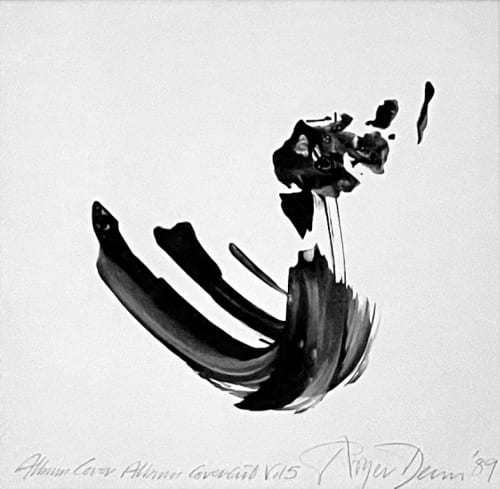Dean spent most of his formative years in Greece, Cyprus and Hong Kong as the son of a British Army Engineer before returning to England in 1959. As a child, he was fascinated with natural history, Chinese landscape and feng shui which particularly influenced him whilst in Hong Kong. On leaving school he attended Canterbury College of Art where he studied Silversmithing and Furniture Design before switchng to Industrial Design. He subsequently moved to the Royal College of Art in London where amongst his research he studied the 'psychology of architecture' and did his thesis in 'producing a sense of tranquility in domestic architecture', graduating in 1968 with a Masters 1st degree honours. Amongst Dean's initial successes was his sea urchin chair design for which he filed a patent, and which is now in a permanent collection at the Victoria and Albert Museum in London.
In 1968, Dean designed contemporary landscape seating for Ronnie Scott's Jazz Club in Soho, and this led to the design of his first album cover 'Gun'. Dean went onto design artwork for many iconic bands and also became known for his unitque title calligraphic work. Dean considers his album cover for Osibisa a breakthrough in his career as from this point onwards he could 'do what he wanted'. Dean went on to design album covers for bands Yes, Asia, Budgie, Uriah Heap, Gentle Giant among many others. In 1972 he also designed the logo for the newly established Virgin Records. He has also designed drawings for video games, several for Psygnosis, and also the Tetris logo.
Dean received an honorary doctorate from the Academy of Art University, San Francisco in 2002 and an honorary fellowship from the Arts University, Bournemouth in 2009. In 2013 he received a Gold Badge of Merit from the British Academy of Songwriters, Composers and Authors.
Roger Dean's work continues to be highly sought after worldwide.
